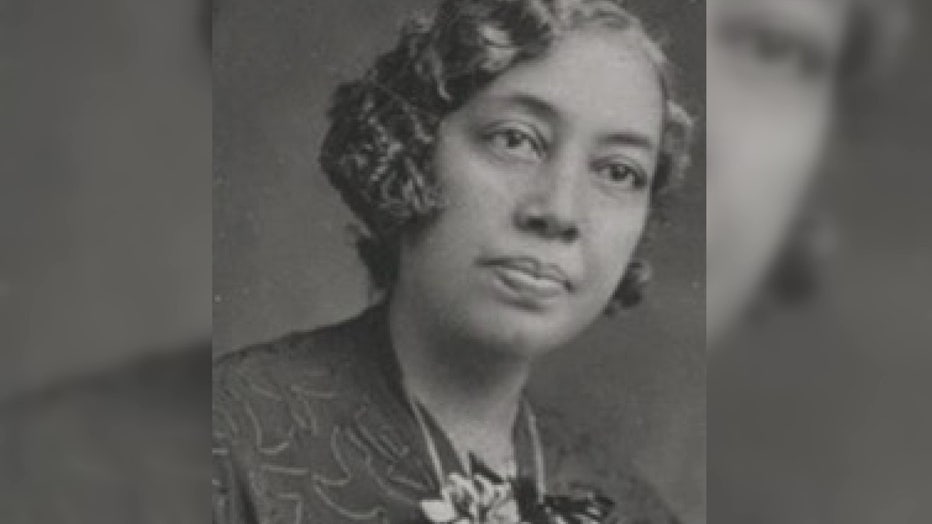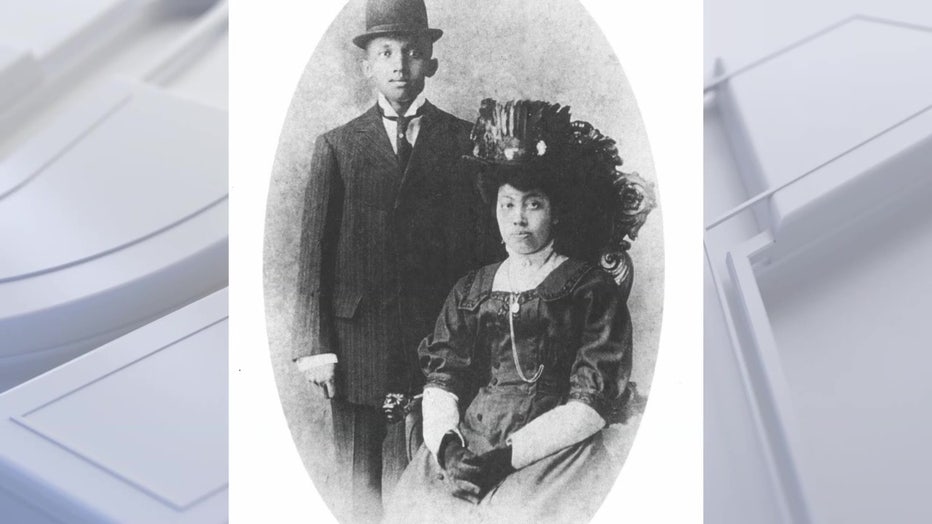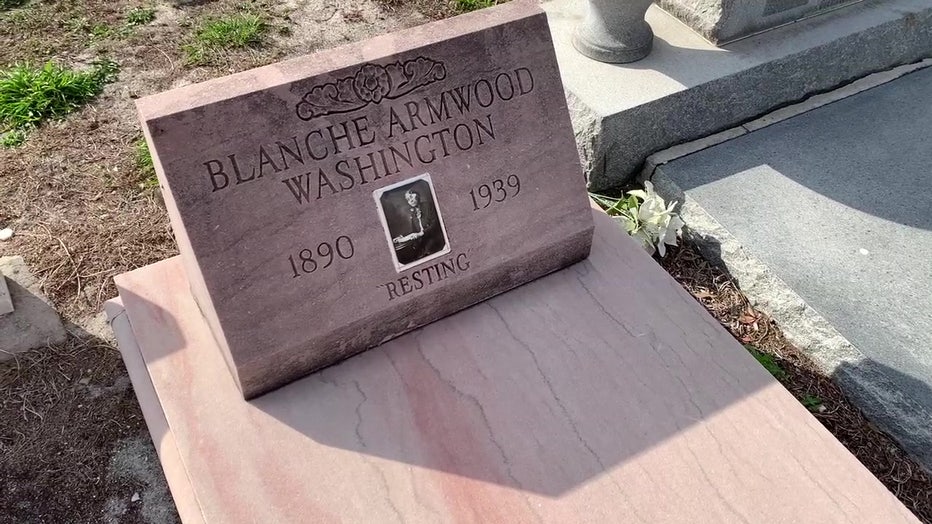Blanche Armwood broke barriers for women, African-Americans in Tampa
TAMPA, Fla. - You may have passed her along the Tampa Riverwalk, or driven by her final resting place in Ybor City. Maybe you know someone who goes to Seffner’s Armwood High School. But chances are, you may not know Blanche Armwood’s story.
"I don’t think a lot of people knew who Blanche Armwood was," said Rodney Kite-Powell with the Tampa Bay History Center.
One hundred years ago, in 1922, Armwood’s name was known by most in the Tampa community.
"She was really supported by most of the white leadership here in Hillsborough County, so other people, other African Americans may have had a difficult time doing that, she may not have had that same difficulty because she was so prominent at that time," stated Kite-Powell.
Born in 1890 to a prominent African-American family who made their money in citrus grove farming, she graduated from St. Peter Claver Academy at just 12 years of age, then passed the state teacher’s bar exam, becoming an educator in Tampa. But she didn’t stop there.
READ ‘Harlem of the South’: Students learn how Black history helped shape Tampa
"She actually was an innovator in home economics – really creating that program, with one of the biggest companies in Tampa – the Tampa Gas Company," said Kite-Powell.

Credit: Tampa Bay History Museum
Publications at the time called her a "female Booker T. Washington," and by the time she was 32, Armwood had become the superintendent of African-American schools in Hillsborough County. She also co-founded the Tampa Urban League.
"It was an organization that really sought to help African Americans here in Tampa – an education system but also political, social and economic," he said. "She was hired as the first African-American secretary, basically the director of the Urban League."
READ Beloved teacher, announcer, veteran remembered at Armwood High School
It was a huge feat for not only women at the time, but African-Americans.
"It was a testament to what people thought of her that she became essentially the director of the Urban League."

Credit: Tampa Bay History Museum
In 1939, she graduated from law school and was planning to practice law before becoming ill and dying at just 49 in 1939. There is a dispute over how Armwood died in 1939 – some records say it was a blood clot, others note it was pneumonia.
She had been on a speaking tour in Massachusetts when she fell ill.
"Obviously, she didn’t know she was going to die at such a young age, but certainly for her time, for being an African American woman it was an incredible life," Kite-Powell said.
Her epitaph in the Ybor City Italian cemetery reads simply, "resting."

Credit: Tampa Bay History Museum

